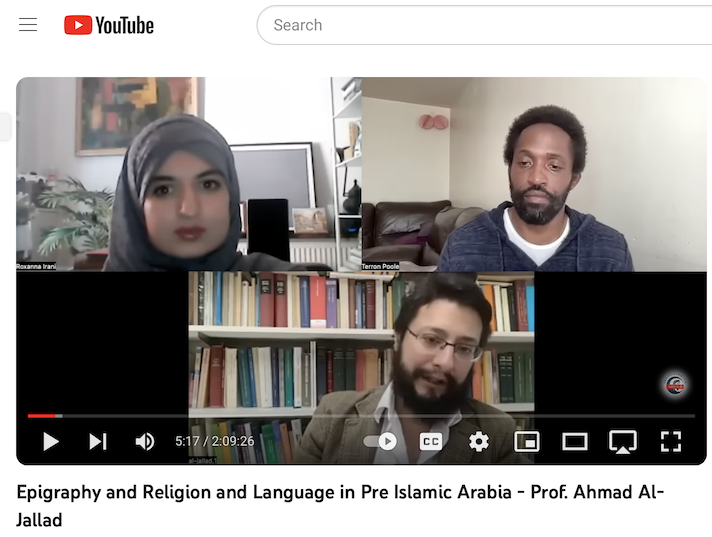
This is an excellent Youtube talk by Ahmad al-Jallad on the evidence from the rock inscriptions and graffiti from the Arabian Peninsula. Also check out his excellent book on religion and ritual in the Safaitic graffiti.

This is an excellent Youtube talk by Ahmad al-Jallad on the evidence from the rock inscriptions and graffiti from the Arabian Peninsula. Also check out his excellent book on religion and ritual in the Safaitic graffiti.
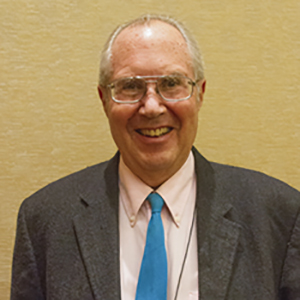
On April 9 the Middle East historian Jere Bacharach, emeritus professor at the University of Washington, passed away. He was an amazing individual, great scholar and friend. He will be missed. For the department memoriam, click here.
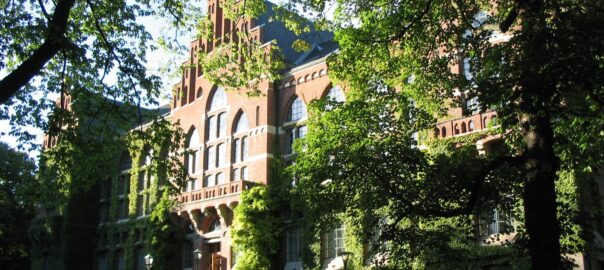
A PhD dissertation defence, in some countries called a viva, is usually a ceremonial event only attracting a few other academics from the same field, and perhaps the closest friends and family of the one defending their dissertation. This is especially true in smaller fields such as Missionary Studies. It is also typically the case, at least in Sweden, that when a dissertation is ready to be defended it will almost certainly pass. However, when Sameh Egyptson defended his dissertation last Friday, there was no such certainty, and the room was packed. National media had sent reporters and people had travelled from all over Sweden to the university town of Lund to witness it.
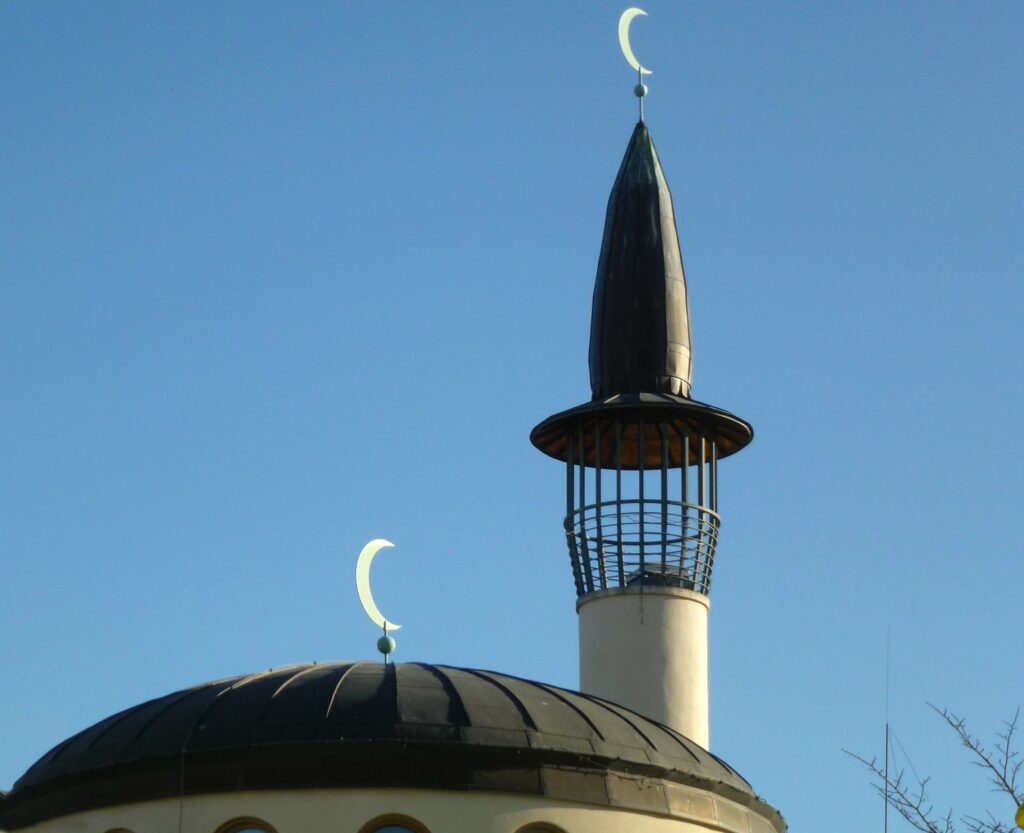
The dissertation, entitled “Global Political Islam? The Muslim Brotherhood and The Islamic Association of Sweden”, is a 743 pages long mapping of organisational and ideological ties between the largest Islamic association in Sweden and a global network of Muslim Brotherhood-affiliated groups. Former leaders and spokespeople of this association are named in the dissertation, and most of them deny any links to the Muslim Brotherhood, which of course is part of the controversy. Egyptson began as a PhD student in Islamic Studies (at Lund University called “Islamology”) in 1999, but later switched to Missionary Studies at the same department. It took until last year before he was ready to defend his work and already at the stage of planning the defence, the controversy started.
As Egyptson have made himself known in recent years, often participating in media, writing opinion articles, reports and policy briefs, and since it is a topic that is quite controversial, many people realised that the defence would attract widespread attention, not least from people on the far right who see political gain in the narrative of a large Islamic association having a hidden agenda or having ties to “global political Islam” (whatever that is taken to mean). This led to difficulties for the department in finding an opponent – a key figure at any dissertation defence – as well as members of the grading committee. Egyptson’s supervisor, Mika Vähäkangas, told reporters that many people were asked, but everyone turned it down, likely out of fear of becoming targets for whatever decision they make. Approve the dissertation and be met with critique from the Muslim groups who view it as false accusations against them, or reject it and be accused from the opposing side as running the errand of islamists.
The defence was originally planned for December 2022, with the Norwegian professor Bjørn Olav Utvik as the opponent. Utvik is an excellent scholar, an established professor with a long list of publications and extensive research focusing on religious-political movements in the Middle East and particularly the Muslim Brotherhood. However, after receiving the dissertation, Utvik backed down, according to himself because of the length of the text. The search for an opponent continued. One issue was that the dissertation was written in Swedish, and based in large part on Arabic source material, meaning the opponent needed to know both Swedish and Arabic, and be well-acquainted with the topic of political islam, preferably in a Swedish context.
Eventually, the department secured Khaled Salih, a Kurdish-Swedish political scientist and former vice-chancellor at the University of Kurdistan Hewlêr. They also eventually managed to put together a grading committee, though the final “team” still received critical scrutiny in media. The faculty’s rules state that the committee should have both genders represented, which was not the case here, and that the opponent should be at least at the level of “docent” (associate professor) which was also not the case. Although it is not a requirement in itself, some people also criticised the fact that two out of three committee members were not active researchers and lacked a publication record.
The dissertation eventually passed with a vote of 2-1, something which almost never happens, and is sure to make it next to impossible for Egyptson to gain academic employment. I am not sure if that is what he wants, as he clearly still has a readership and other career opportunities that will allow him to remain an oft-heard voice in Swedish media. And while the university and its professors may not be used to this kind of media attention, Egyptson thrives in it. Luckily for the department, the reporters left on Friday, got their articles out, and are unlikely to come back for other defences any time soon. Whether the dissertation will achieve political impact is still to be seen, but despite of the controversy (perhaps because of it) it will be long remembered in Swedish Missionary Studies.
The war that has dragged on in Yemen for seven years has created a major humanitarian disaster. Yemen has experienced war and conflict before since the early days of the Queen of Sheba. The last of the South Arabian kingdoms before the coming of Islam was captured in a qasida by the 12th century Yemeni scholar Nashwan b. Sa‘id al-Himyari. In reading this poem recently I was struck at how relevant the last lines of his poem are for the current political crisis and I share these with you. The full poem can be read online at https://ar.wikipedia.org/wiki/%D8%A7%D9%84%D9%82%D8%B5%D9%8A%D8%AF%D8%A9_%D8%A7%D9%84%D8%AD%D9%85%D9%8A%D8%B1%D9%8A%D8%A9. An English translation was made by W. F. Prideaux in 1879 and can be found here: https://archive.org/details/dli.granth.93715/page/n3/mode/2up.


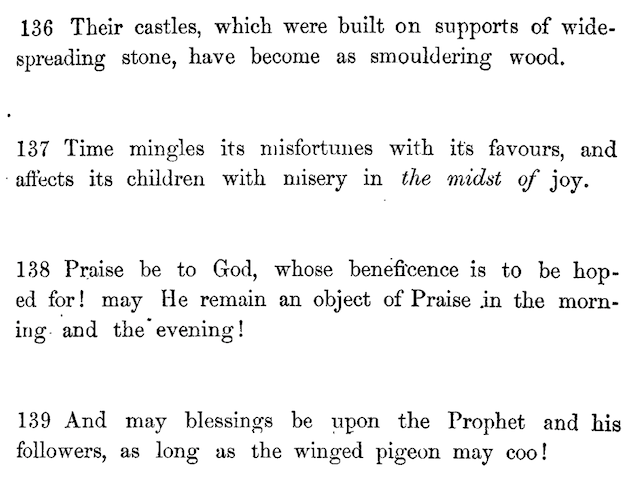

Mahmoud Zaki has assembled a major resource on sources for the study of Islamic manuscripts, including links to major digital collections and publications. It can be accessed here. This is an extraordinary resource for anyone working on manuscripts of the Islamic era.

One of the foremost scholars of the pre-Islamic languages and inscriptions of the Arabian Peninsula is Dr. Ahmad al-Jallad. Here is a Youtube video of a lecture he gave at Princeton University in 2019. I attended the lecture, along with the South Arabic scholar Christian Robin. For a talk now online of a lecture he gave in Kuwait the same year, click here. Al-Jallad edited the journal Arabian Epigraphic Notes while he was at Leiden University. To follow Dr. al-Jallad’s work on Safaitic, check out the Facebook site.